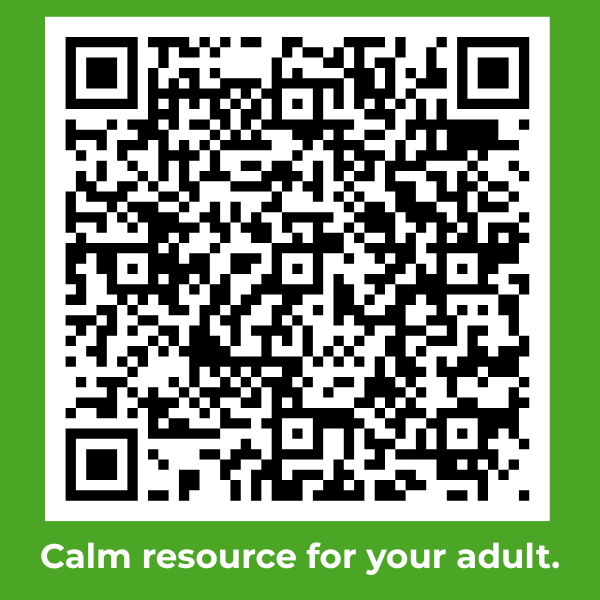Ask Dr. S: Sleeping for Success
- The Reston Letter Staff

- Aug 13, 2025
- 3 min read
by Hayley Sherwood, Columnist

Getting a good night’s sleep is one of the best ways to feel energized, focused and less stressed, and helping your children establish nighttime routines is an important way to prepare for a successful school year. Sleep habits are among the conversations I have regularly with clients of all ages. Before I evaluate and diagnose someone with a mental health condition, I try to determine how sleep, or lack thereof, may be contributing to their symptoms. According to the American Academy of Sleep Medicine (Journal of Clinical Sleep Medicine, Vol. 12, No. 6, 2016), sleeping the recommended number of hours is associated with better health in a number of areas, including behavior, attention, learning and memory—all of which are critical in school (and in life!). Their recommendations are as follows:
Infants 4 months to 12 months should sleep 12 to 16 hours per 24 hours (including naps).
Children 1 to 2 years of age should sleep 11 to 14 hours per 24 hours (including naps).
Children 3 to 5 years of age should sleep 10 to 13 hours per 24 hours (including naps).
Children 6 to 12 years of age should sleep 9 to 12 hours per 24 hours.
Teenagers 13 to 18 years of age should sleep 8 to 10 hours per 24 hours on a regular basis.
In addition, the Cleveland Clinic (https://health.clevelandclinic.org/happens-body-dont-get-enough-sleep) includes recommendations for adults:
Young adults (18 to 25 years): 7 to 9 hours.
Adults, 26 to 64 years: 7 to 9 hours.
Adults, 65+ years: 7 to 8 hours.
Getting enough sleep is not something to do once in a while, as it is important every night. Not getting enough sleep has many short- and long-term consequences, such as fatigue, irritability, forgetfulness, mood changes and other mental health challenges, as well as increased risk for physical problems, such as higher cortisol levels, weight gain, a weakened immune system, cardiovascular disease, and cognitive decline. As an aside, if you or your children struggle with chronic insomnia, snoring, or other sleep difficulties, please consult with a sleep physician to determine if you have sleep apnea or another condition.
So, how can we improve our children’s (and our own) sleep habits before school begins? It really only takes about one week to do so. Start by establishing an evening routine that includes “wind-down” activities, such as setting aside screens a couple of hours before bedtime. Your children may insist that they “need” a phone at their bedsides for the alarm, but please purchase an actual alarm clock and teach your child how to use it. A warm shower a few hours before bed can benefit sleep and overall health. Preparing a cozy sleep environment by setting up warm blankets and stuffies, turning down the thermostat and limiting noise also let your body know it is time for rest. Quiet activities like reading, journaling, gentle stretching, avoiding heavy foods or big meals, listening to soothing music and/or guided meditations (for very young kids, try the Sesame Street App; for school aged children, try Smiling Mind; and for older children, try Calm or Insight Timer, to name a few), are additional ways to nurture our brains and bodies before sleep. Encourage your children to go to bed and wake up 15-20 minutes earlier each day until it aligns with a school schedule. Yes, even on the weekends.
Wishing parents, teachers, school administrators and staff, and students a great start to the school year!
Psych’d to see you next month!
-Dr. S.
Dr. Hayley B. Sherwood is a longtime Clinical Psychologist in Reston/Herndon. To learn more, please visit her website at www.oakhillpsychological.com/. Please visit the About Us section on our website to learn more about our team of therapists!








Comments